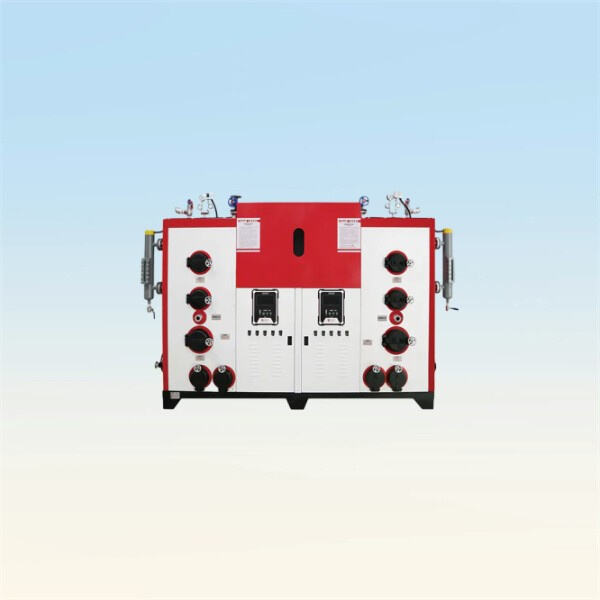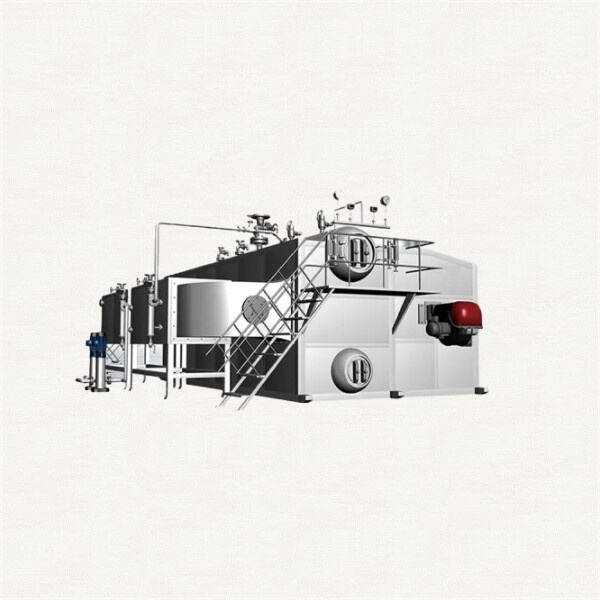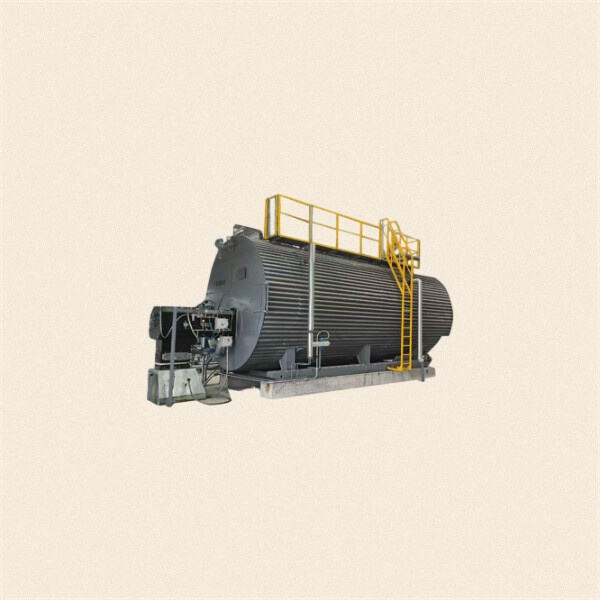A steam heat boiler is a heating system that uses water to generate steam, which is then circulated through pipes to the radiators in the home. The steam warms the radiators, warming the air in the rooms. This is how we keep cozy in the winter.
The same way any type of machine needs maintenance to perform properly, steam heat boilers also require regular upkeep to work at their best. Be sure to have a professional inspect your boiler at least once a year to ensure everything is in working order. For the rest, if you do hear strange noises — or see leaks, or any potential issues — don’t wait: Get a professional in to troubleshoot and correct the problem before it becomes an even pricier repair.
If you have an older steam heat boiler in your home, you may be considering replacing it with a new one. Newer boilers are more energy-efficient, so they can save you a few bucks on your heating bill. They’re also far safer and more dependable, so you won’t have to worry about any costly, unexpected breakdowns or repairs.

Getting your steam heat boiler clean and keeping it well-maintained is the best way for you to maximize your investment. This will enable it run more effectively and prevent breakdowns. You could also optimize as much as possible by using a programmable thermostat to manage the temperature in your home. That means your home can stay at the desired temperature without wasting energy.

Steam heat safety advice for steam heat systems: Safety warnings concerning use of residential steam heating equipment Products for a building with a steam heating system listed at STEAM HEATING SYSTEMS.

You should always adhere to safety protocol when dealing with any kind of steam heat boiler. Be sure to keep everything cleared away from around the boiler. Followed by that you should never attempt to fix a problem yourself with the boiler, always seek the assistance of a professional. And do be sure to install carbon monoxide detectors on every floor of your home to keep your family safe from this odorless, colorless gas that can be released by a malfunctioning boiler.
Operating from a self-built 106,700-square-meter plant with an annual capacity of 40,000 steam tons, we utilize world-class equipment—including Italian plate rolling machines and German CNC systems—to ensure precision, scale, and quality in every project.
As one of the few manufacturers in China holding the national Class A boiler license and internationally recognized ASME and CE/MD certifications, our products meet the strictest safety and performance standards for worldwide applications.
Our team of engineers and technical experts provides full-lifecycle support—from R&D and design to intelligent operation, maintenance, and retrofit—offering seamless one-stop solutions for large-scale EPC and BOT projects.
With over 20 years of industry leadership and more than 30 independent intellectual property rights, we have delivered integrated energy solutions to over 200 top-tier clients, including Fortune 500 companies, maintaining a 100% project acceptance rate.